When fish food goes uneaten, it finds its way into the substrate or crevises in any wood or rock in the aquarium. Eventually, the uneaten food begins to rot, which will play havoc with your water parameters.
Another issue that can arise from overfeeding is the unwelcomed guest, algae. Yes, algae love an overfed aquarium. Excess food is full of nutrients that algae will consume. It doesn't take long before your aquarium has an algae bloom which can be a challenge.
How do you avoid overfeeding your fish? As a golden rule, we always say only feed enough food for your fish to consume within 2-3 minutes and remove any leftovers at that point. Over time, you will learn how much they consume. It is better to add less food but feed more often. Twice a day is generally enough.
Feeding time can also be a great opportunity to observe the overall health of your fish. By using stick-on-glass tablet food, you get the opportunity to see your fish up close long enough to spot signs of disease or injury. After all, we feed our fish because we care for their wellbeing.

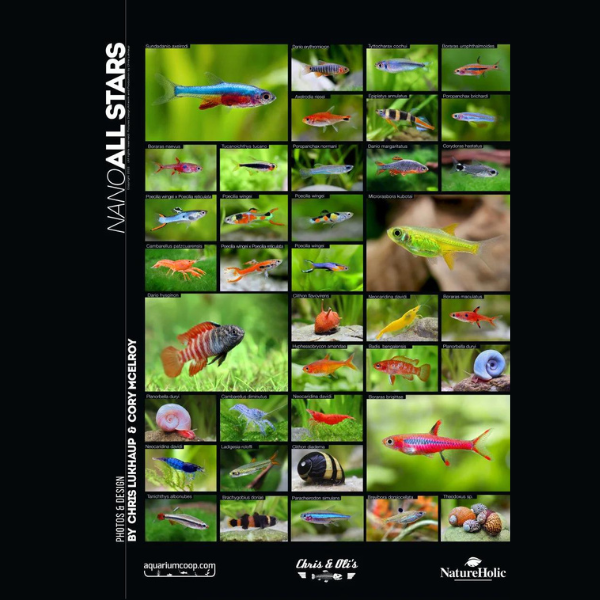
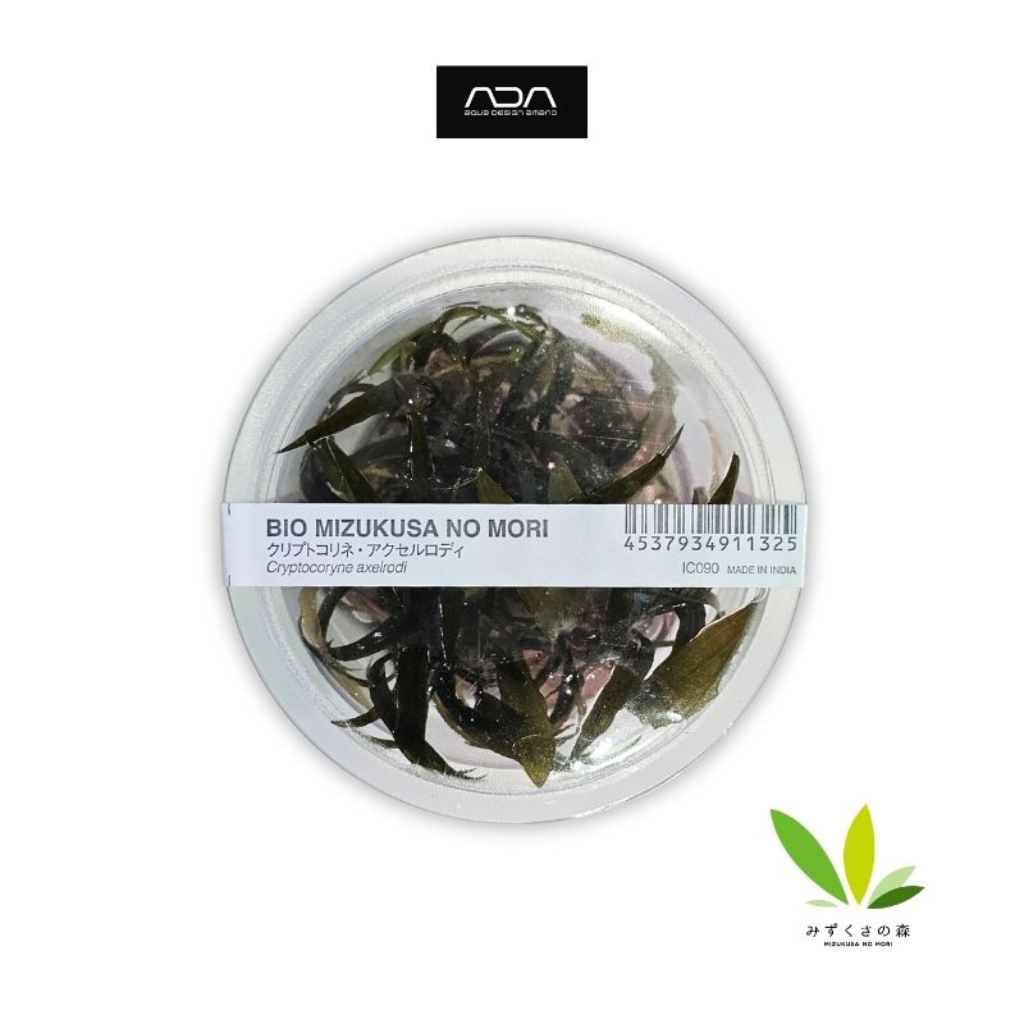
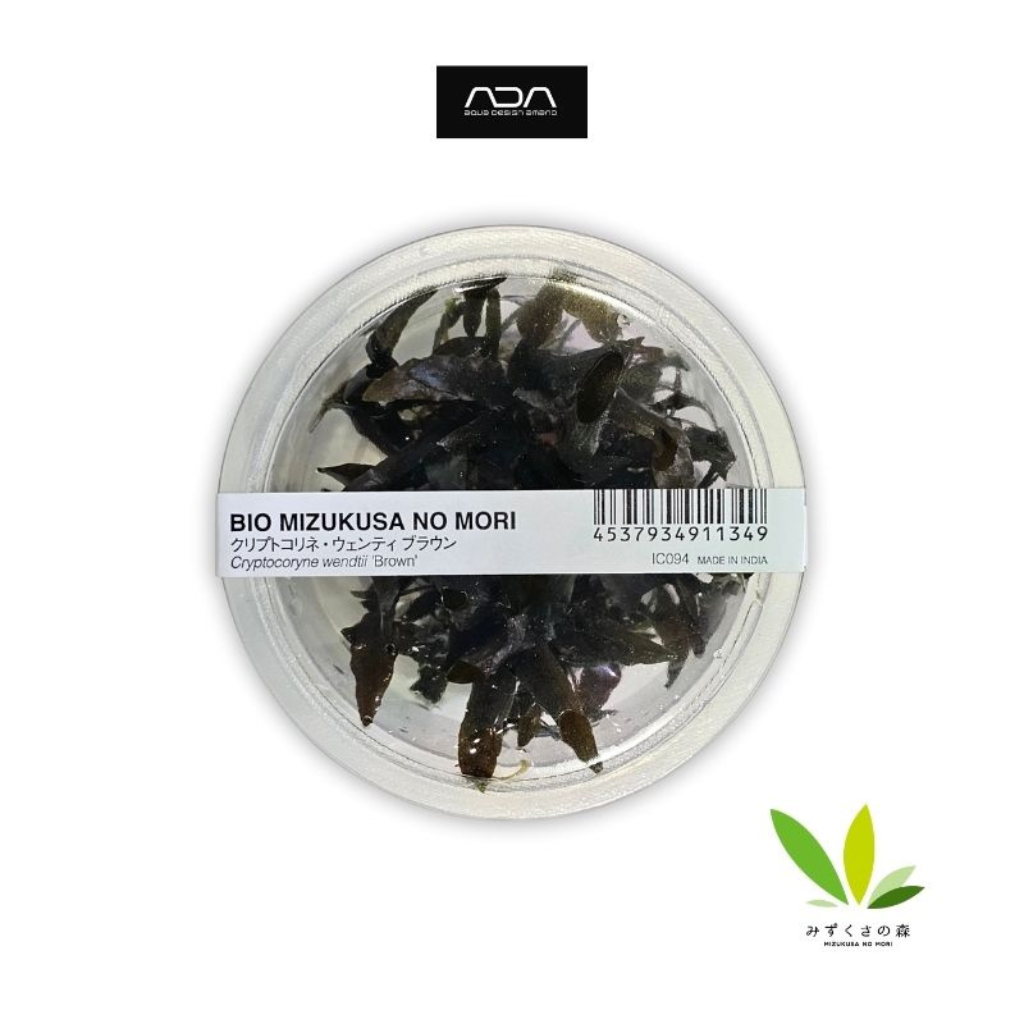
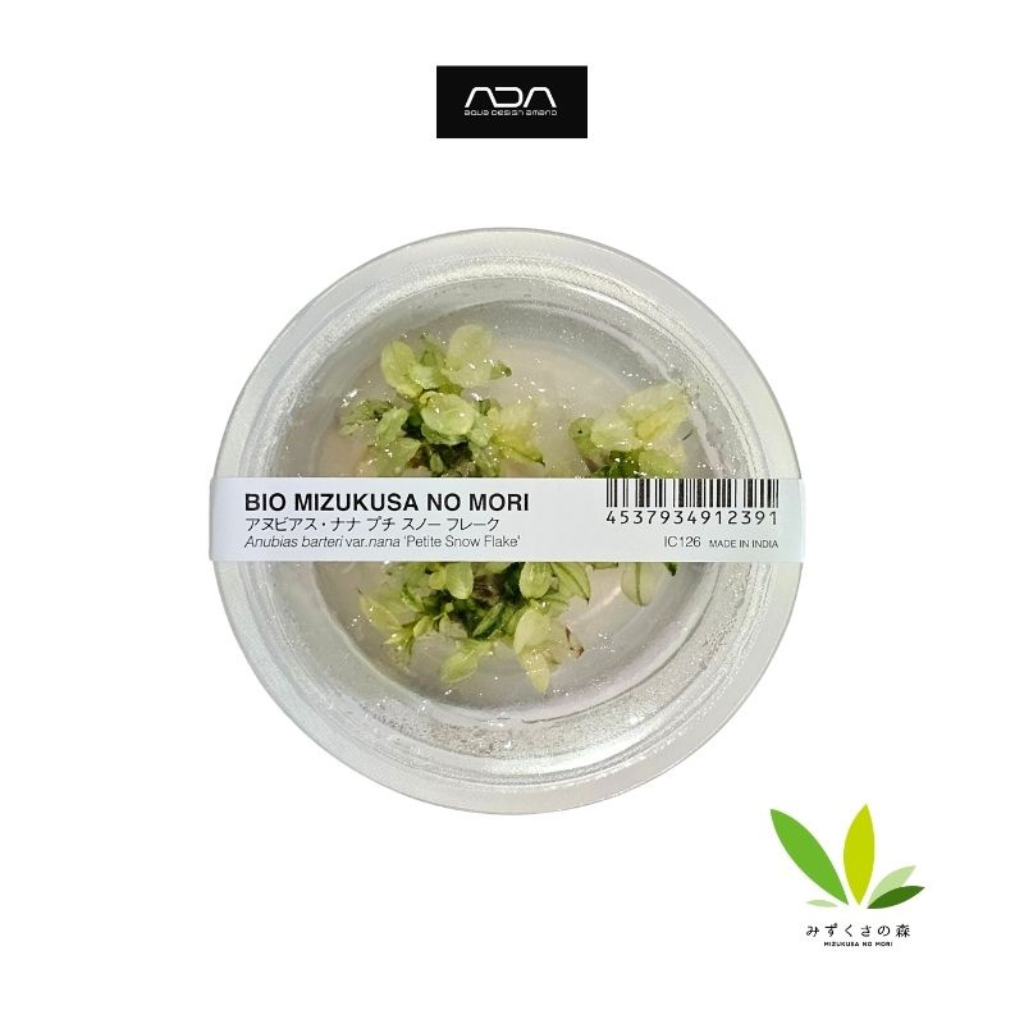

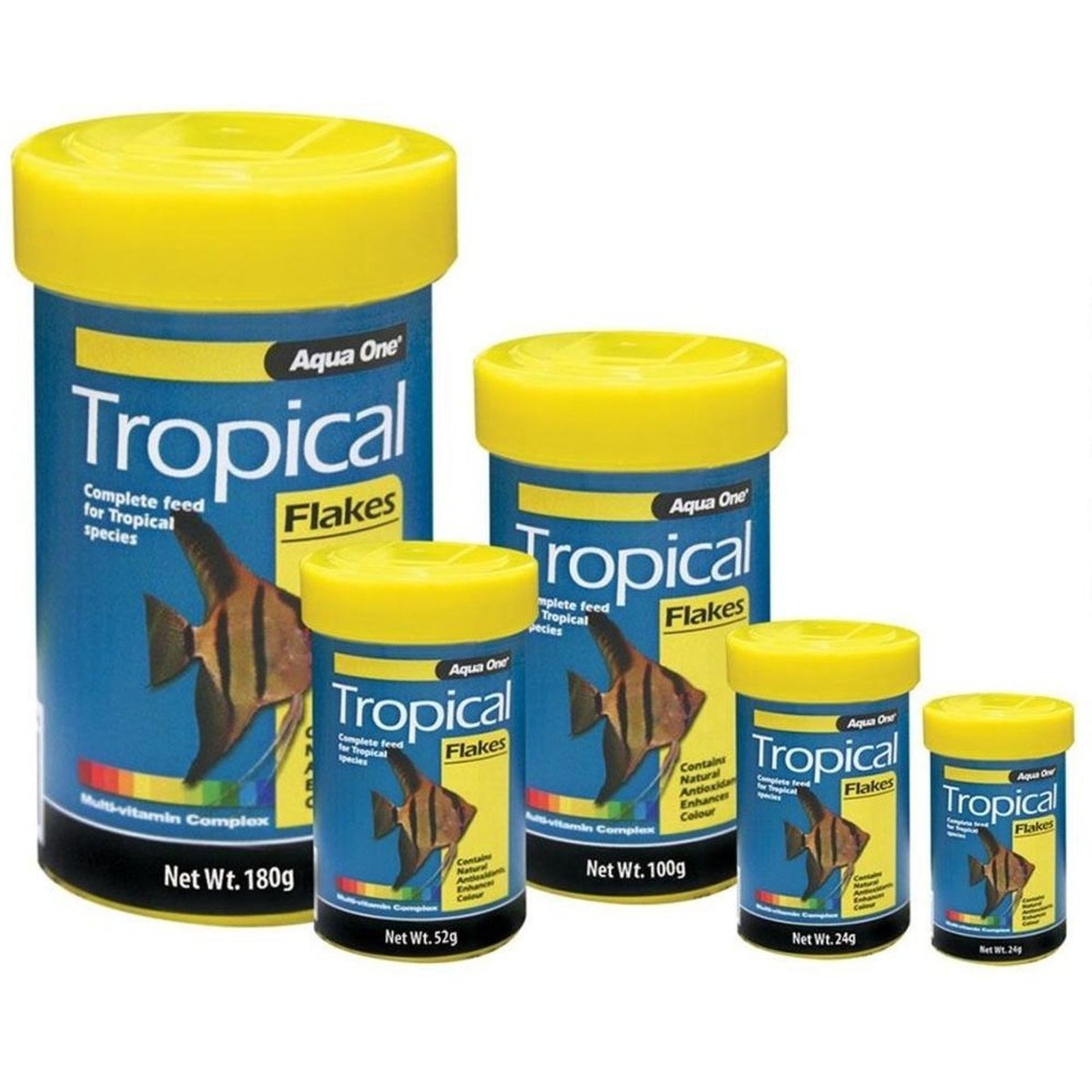
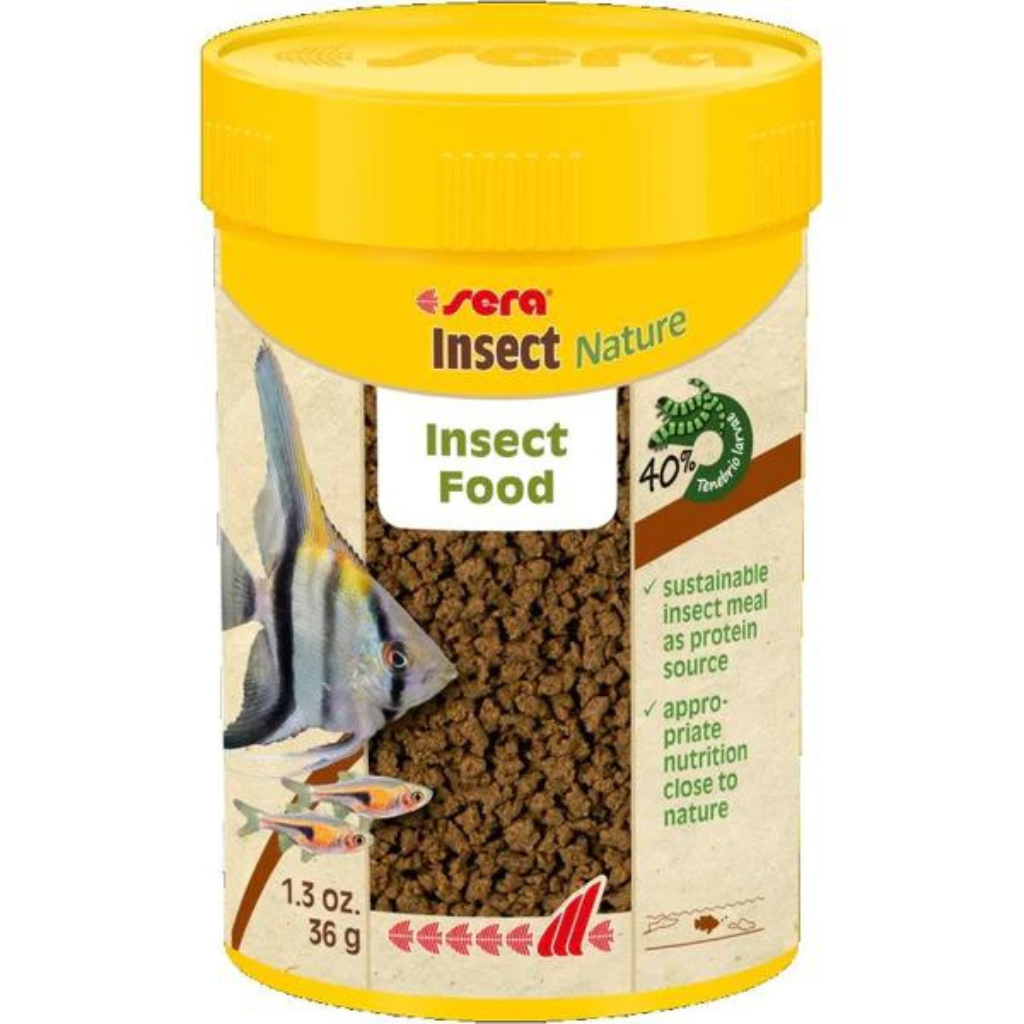
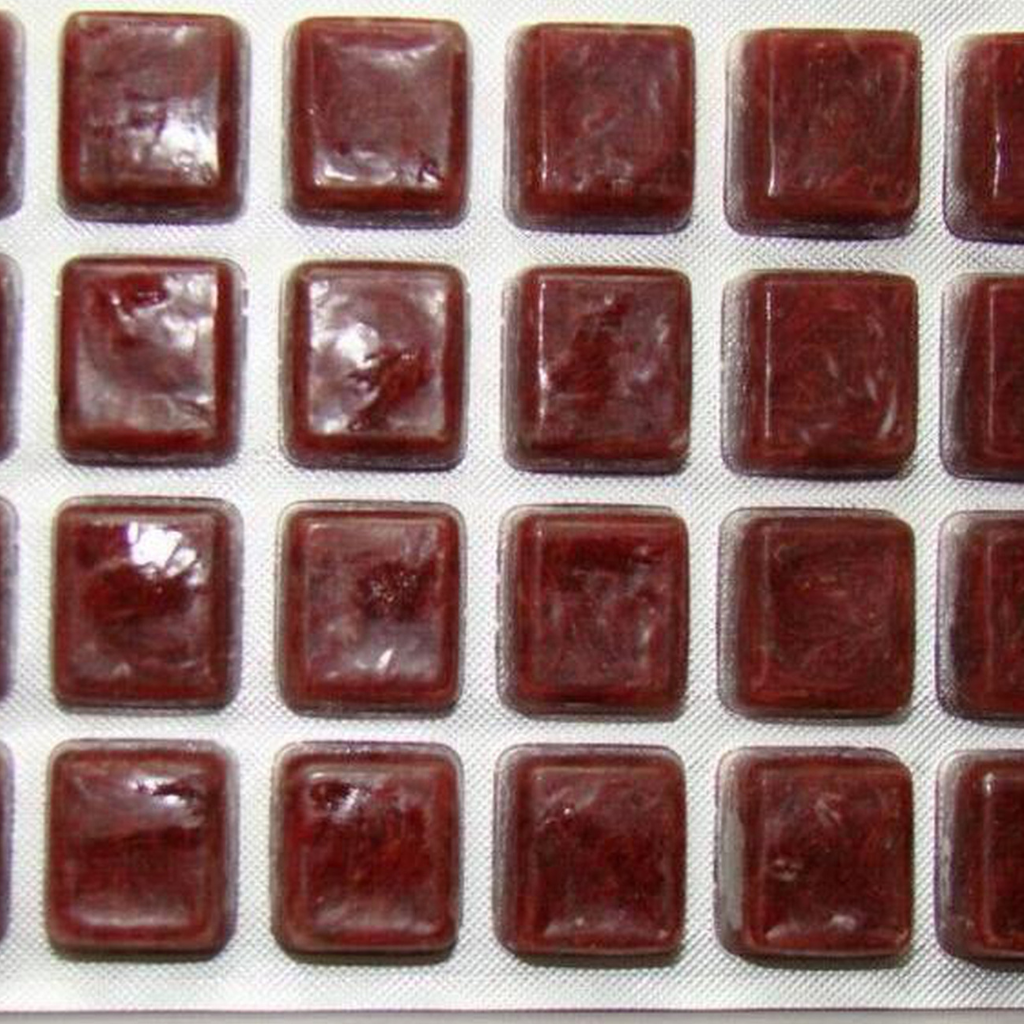
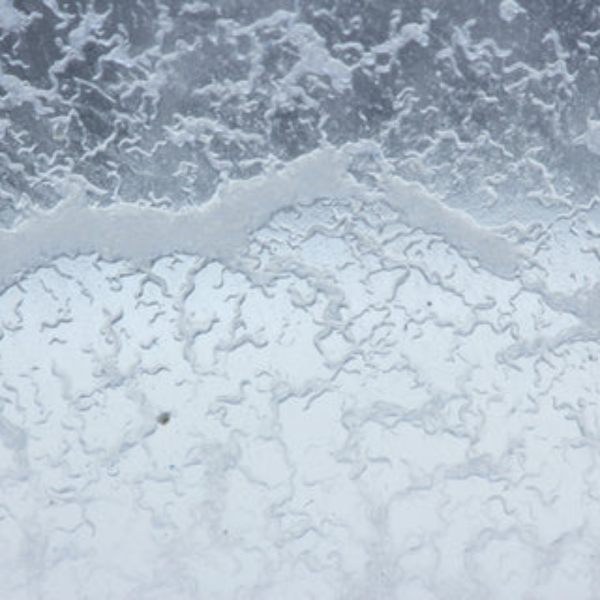
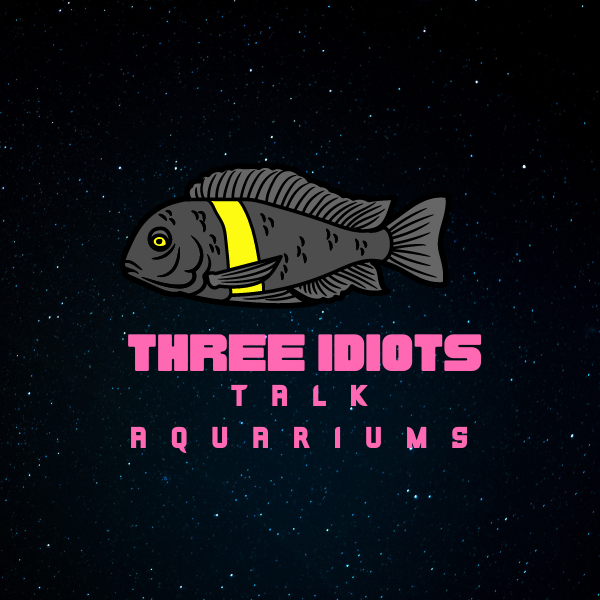



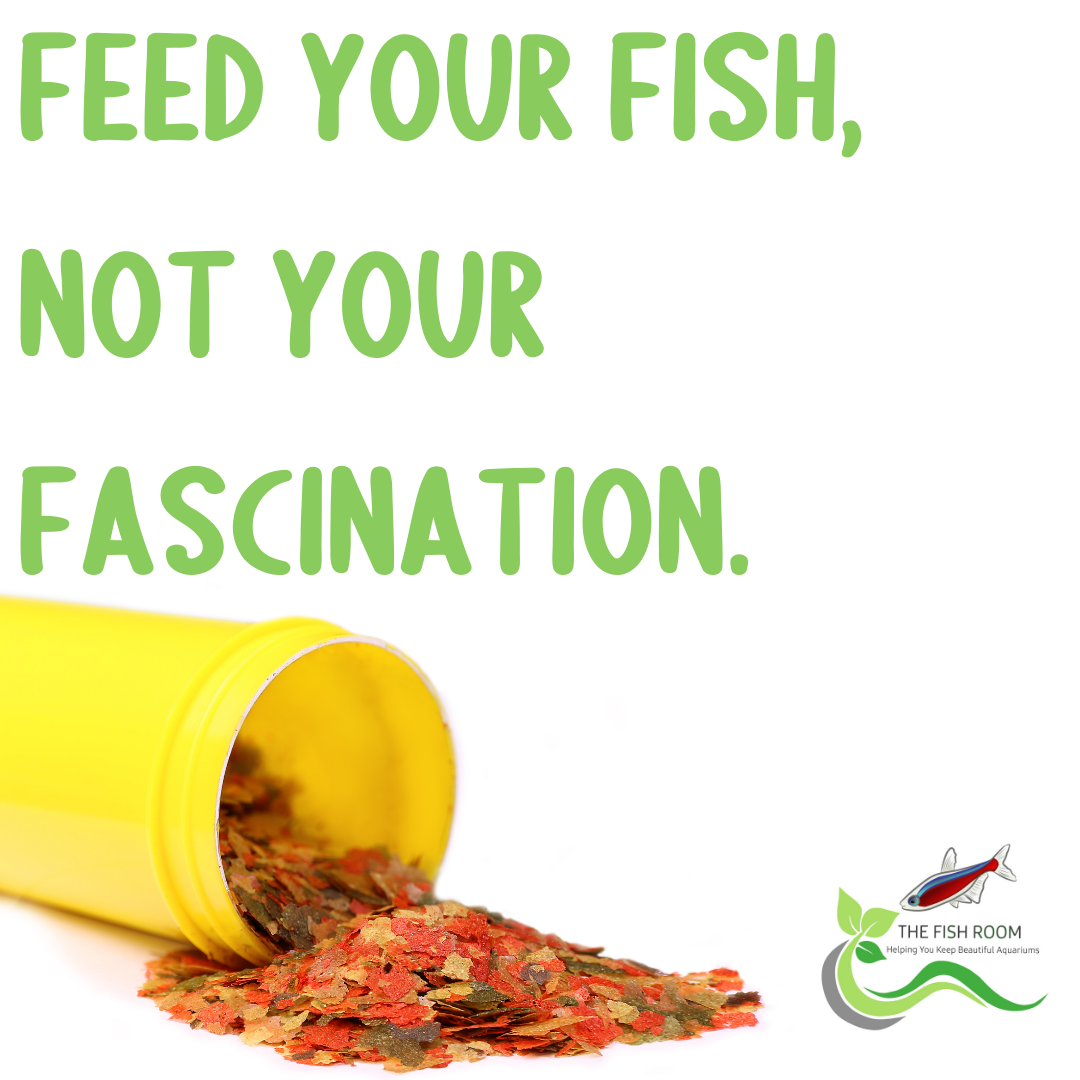
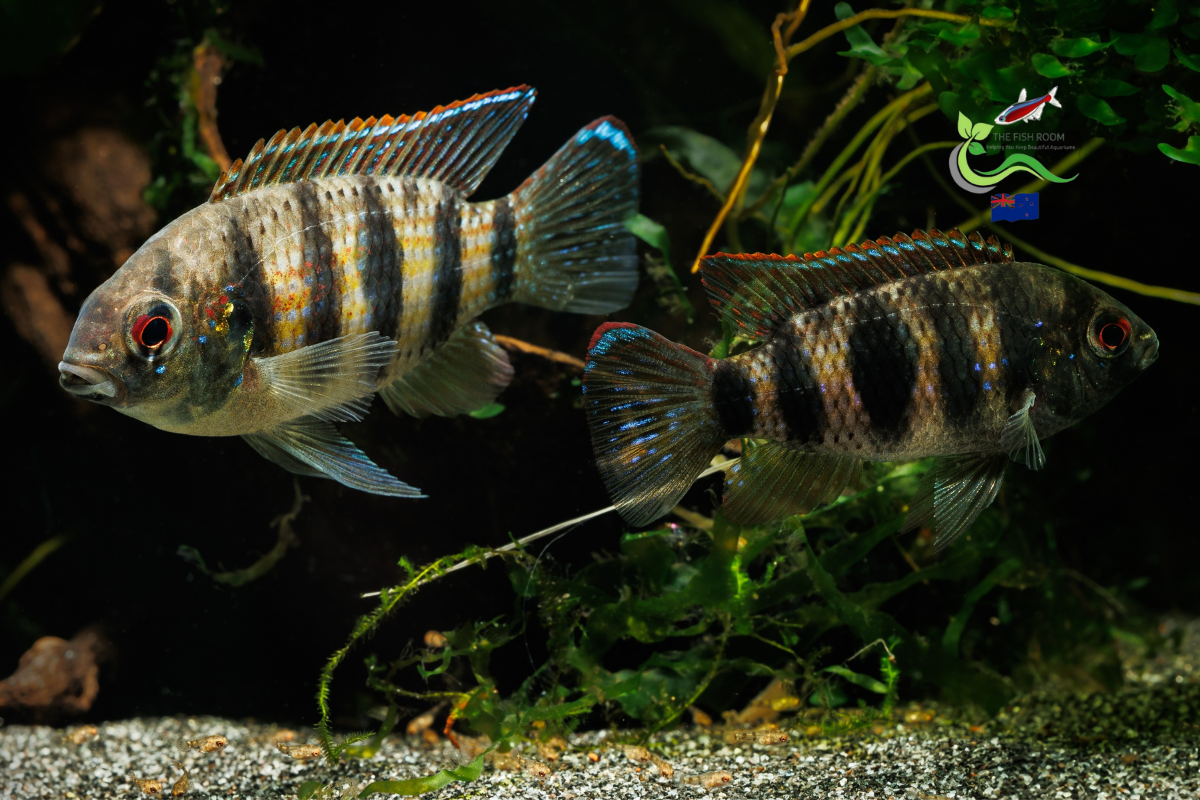
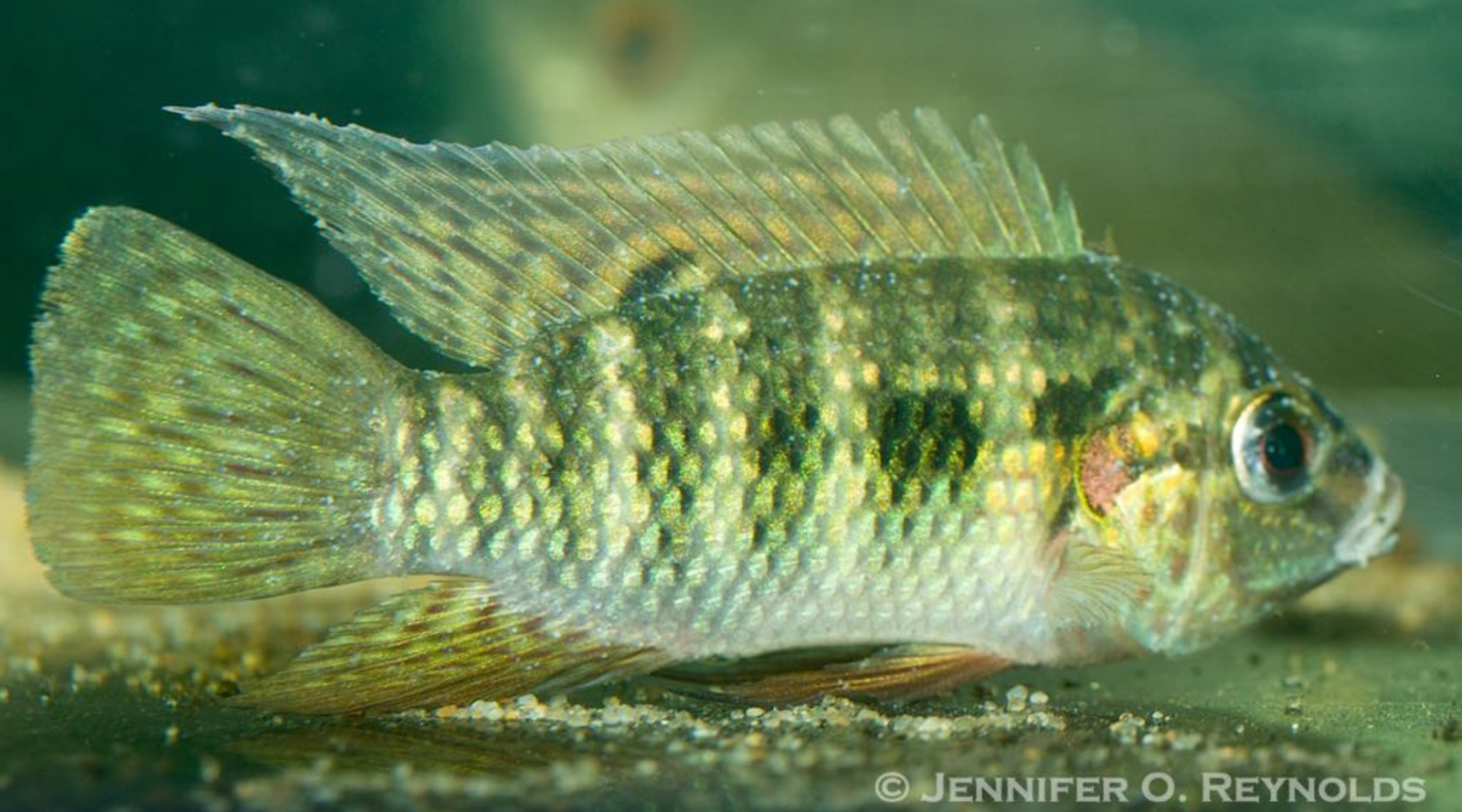
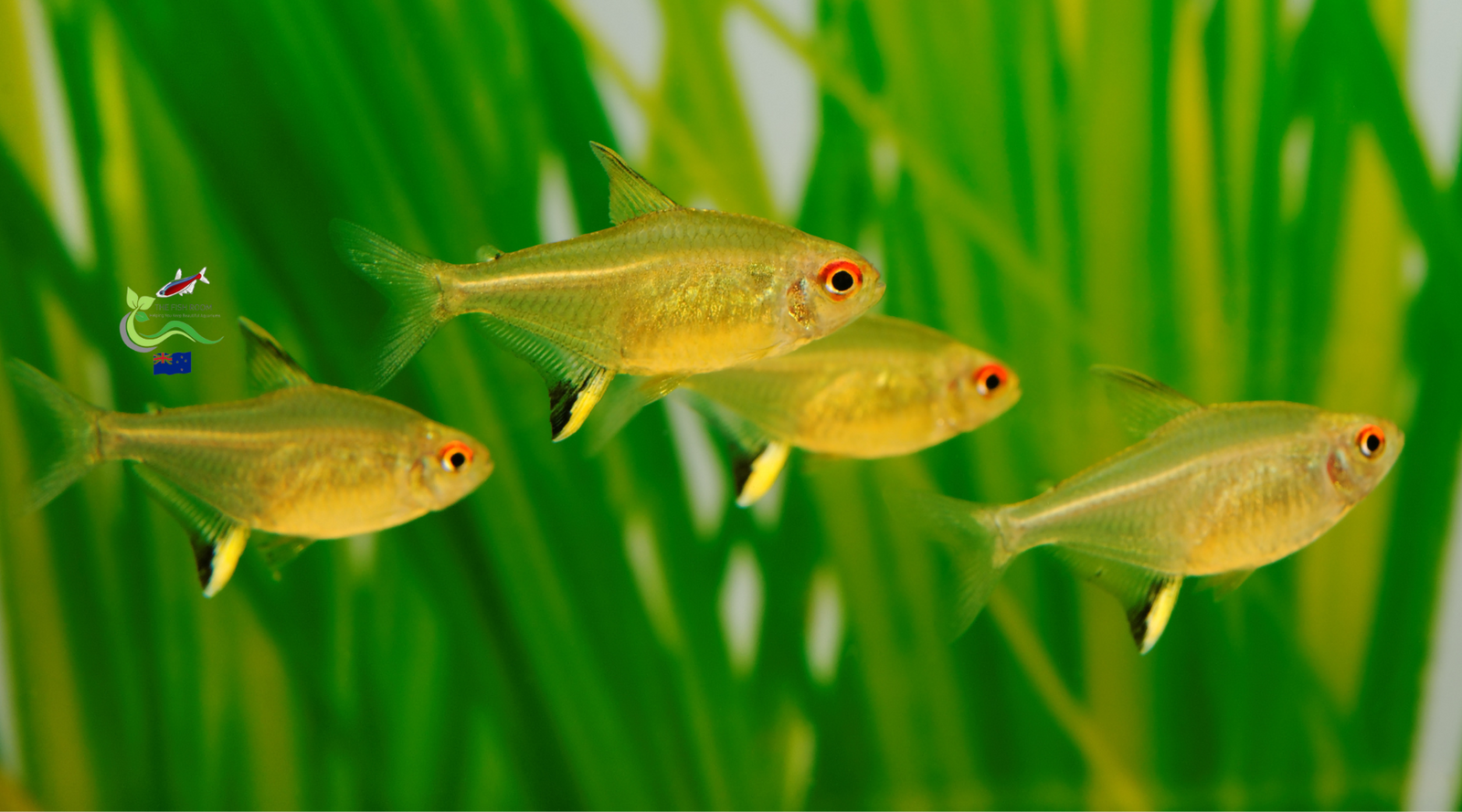
Leave a comment (all fields required)